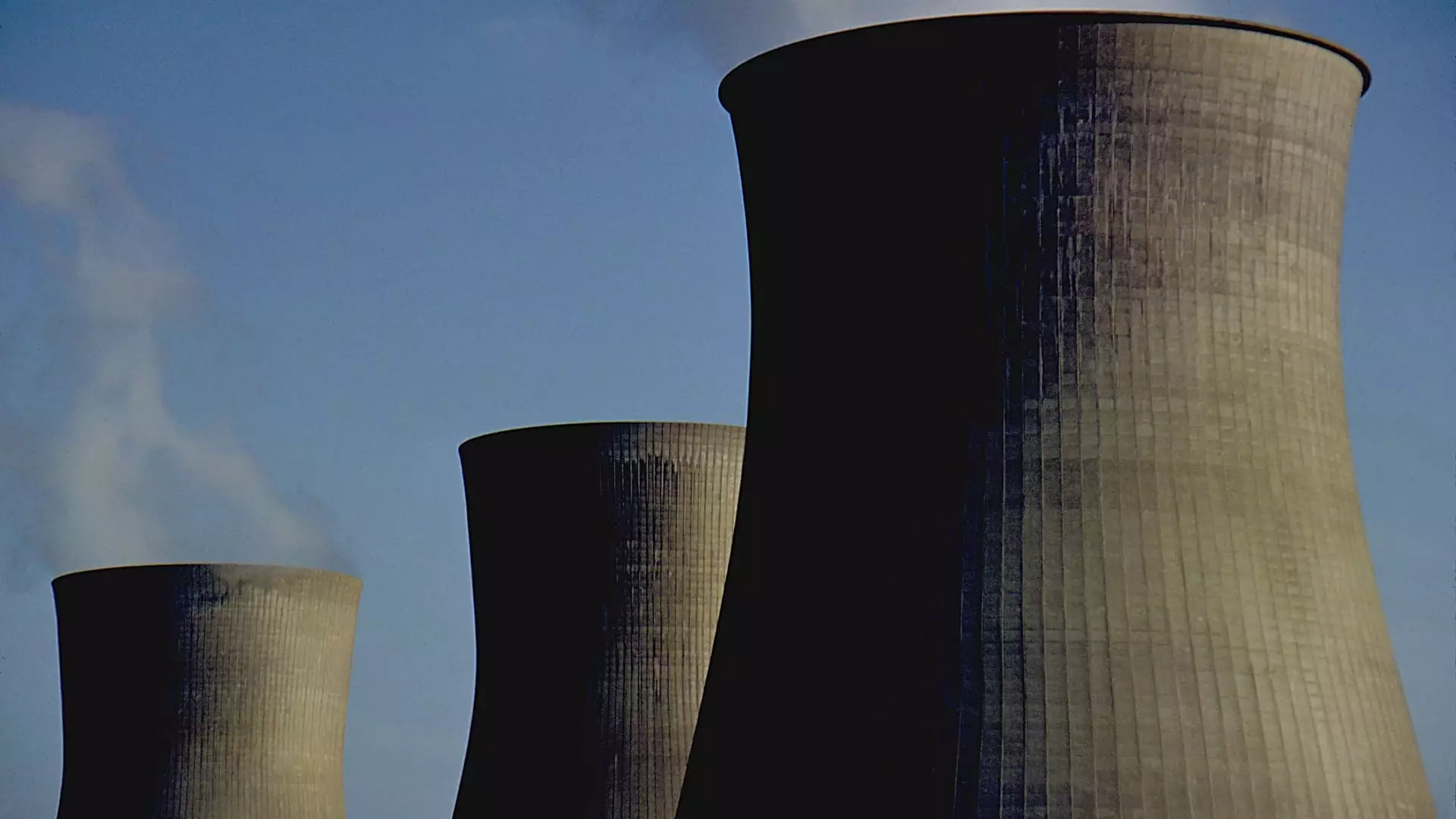The relentless growth of artificial intelligence (AI) and cloud computing has initiated a seismic shift in global energy consumption, with projections suggesting an alarming increase of up to 75% in electricity demand by 2050. This forecast, released by the U.S. Department of Energy, highlights a critical reality: as tech giants and industry leaders ramp up their AI initiatives, the quest for energy seems to clash with sustainability objectives. The scale of energy needs is staggering; the expansion of data centers required to support these technologies could lead to electricity consumption levels surpassing those of entire metropolitan areas.
This energy demand creates a dual-edged sword for companies aiming for technological advancement while adhering to environmental goals. Mark Nelson, a noted expert in energy management, aptly notes that a new data center’s requirements can resemble the energy consumption of a city like Chicago. This excessive demand cannot be solved solely through traditional means; businesses must assess and understand their energy requirements comprehensively. The need for a steady, substantial power supply that operates continuously poses a unique challenge that the sector is grappling with.
In light of these challenges, several leading technology companies are revisiting nuclear energy, which had been largely dismissed due to historical safety concerns and negative perceptions surrounding nuclear incidents. Firms such as Google, Amazon, Microsoft, and Meta are increasingly recognizing the potential of nuclear power as a viable solution to meet their demanding energy needs. Michael Terrell, Google’s senior director of energy and climate, emphasizes that nuclear energy stands out as a carbon-free and continuously available energy source. Such characteristics make it a compelling alternative for sustaining operations that require uninterrupted power.
The renewed interest in nuclear power by the tech industry could signal the beginning of a significant transformation in energy consumption. Experts suggest that this revival might counteract historical fears associated with nuclear energy, changing narratives around its safety and efficiency. As companies invest in nuclear technology, there is hope that this momentum will foster an energy paradigm shift, both in the United States and globally. With rigorous safety measures and advanced technology, nuclear power can offer a sustainable framework to support a growing energy appetite without exacerbating climate change.
As artificial intelligence continues to reshape our world and challenge existing frameworks, the intersection of technology and energy represents both an opportunity and a significant hurdle. The pressing need for creative, sustainable energy solutions has pushed companies to explore nuclear power, a long-standing yet controversial energy source. The outcome of this renewed focus may redefine how we think about energy, environmental responsibility, and the future of AI and cloud computing. In exploring new avenues for energy generation, the tech industry has the chance not only to lead innovation but also to address one of the most pressing issues of our time: the effective balance between consumption and sustainability.

